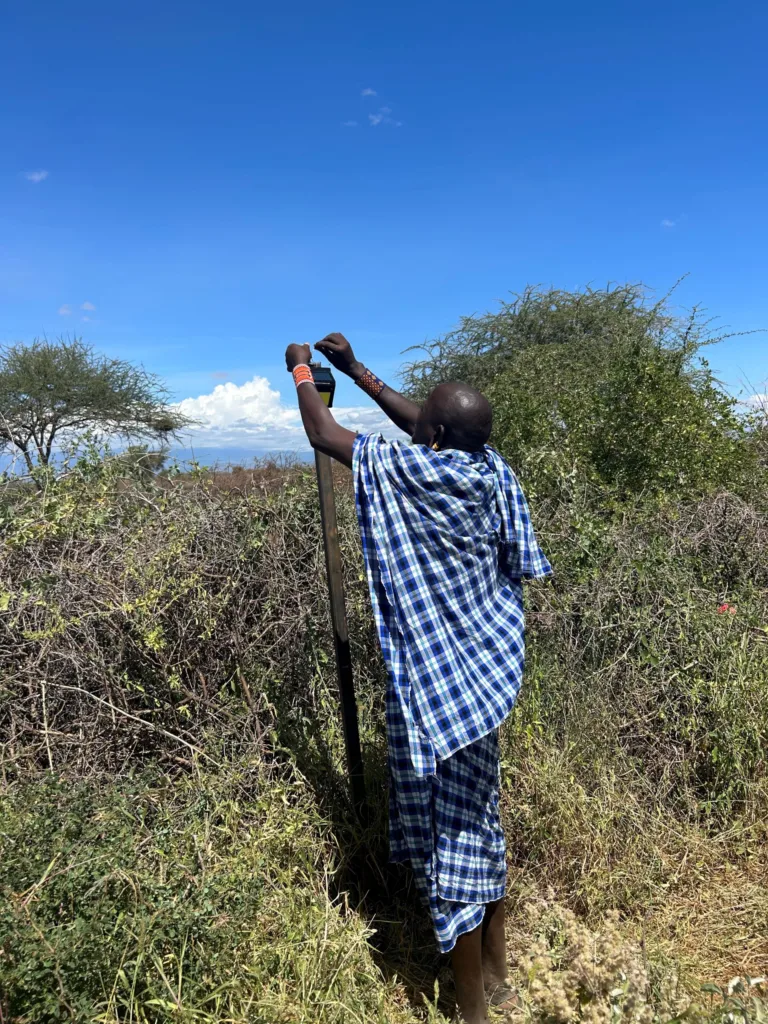Q&A with Professor John Kioko in Kenya
SFS’ newest summer program, Primates of the African Savanna in Kenya, gives students the chance to spend their summer in East Africa, studying the behavior and ecology of primates in Kenya’s national parks and rural communities. We sat down with Dr. John Kioko, lead faculty member for the program, to get some more details firsthand.
What makes this program unique?
Primatology, or the study of primates, covers a dynamic range of disciplines across both pure and applied sciences. This includes the fields of anatomy, anthropology, ecology, medicine, psychology, veterinary sciences, and archeology, among others. So, it is an exciting and truly interdisciplinary program that has something for everyone – students have a range of experiential learning opportunities pertinent to all kinds of careers.
Why is it interesting to study primates?
Non-human primates are strikingly similar to humans in many ways, with nearly identical genetic makeup, physical anatomy, and behaviors. They are the closest extant living species we can relate to and learn from. This has led to great interest in primates from across the arts and sciences, both in the field and in lab settings.
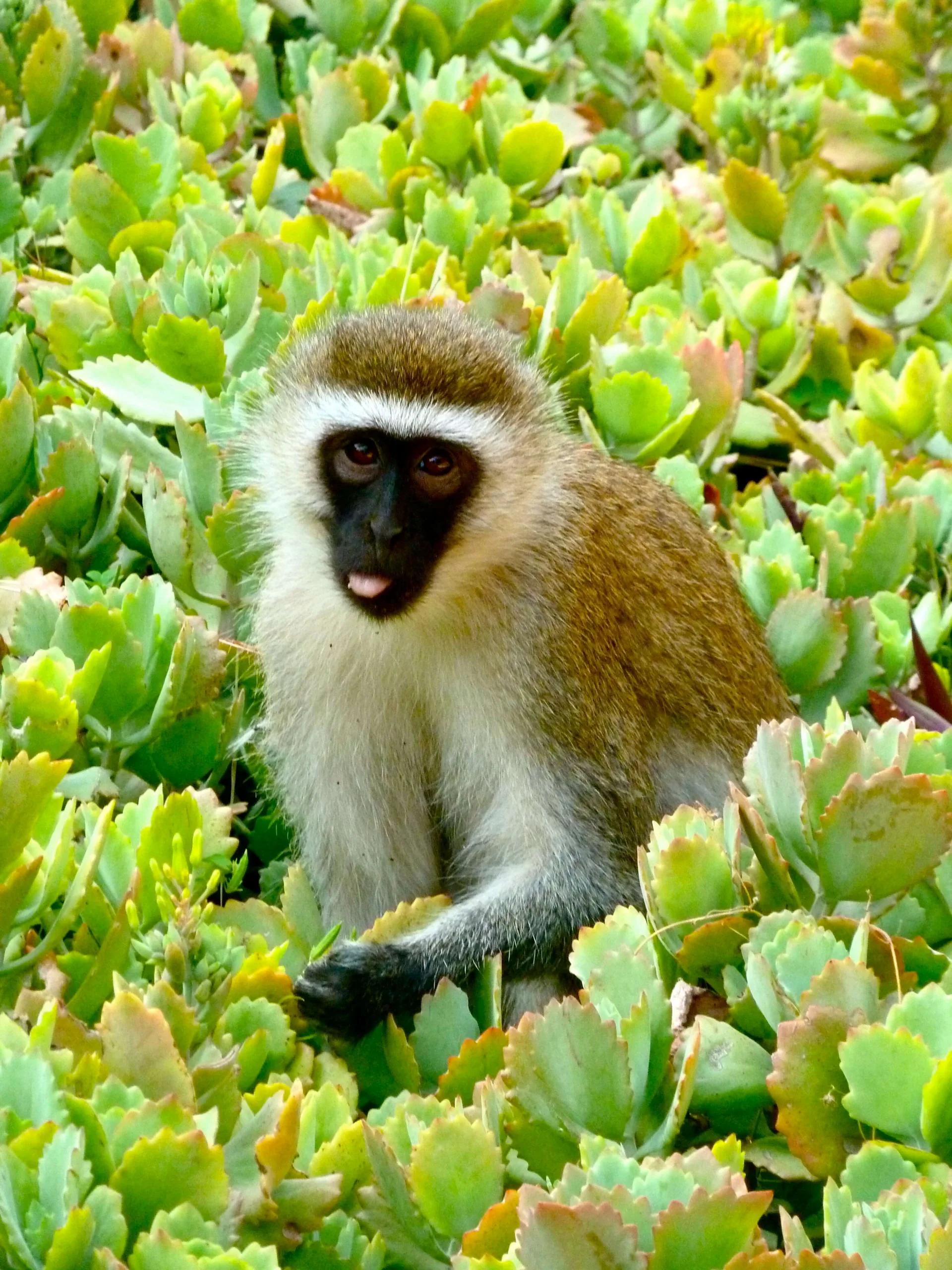
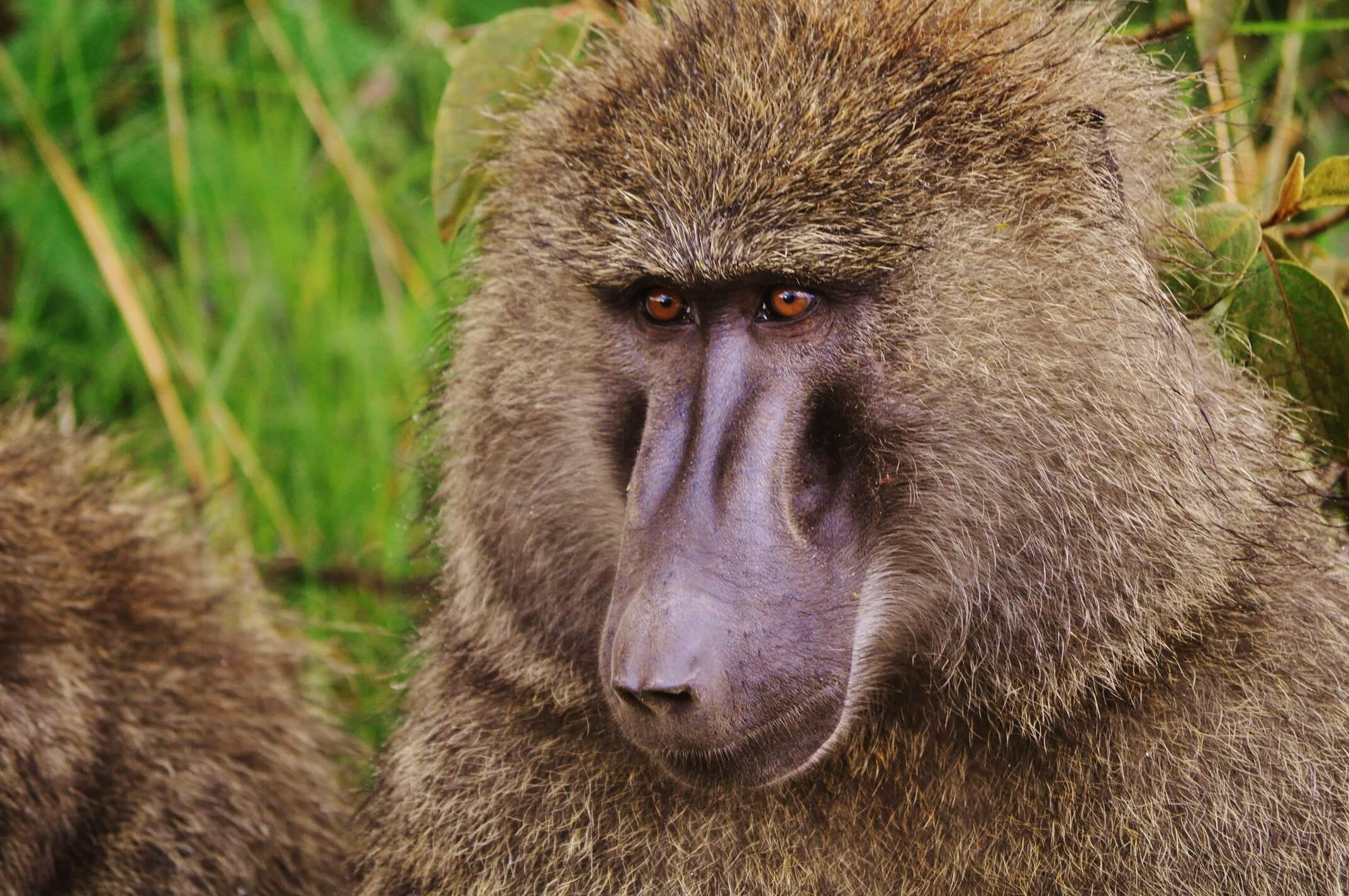
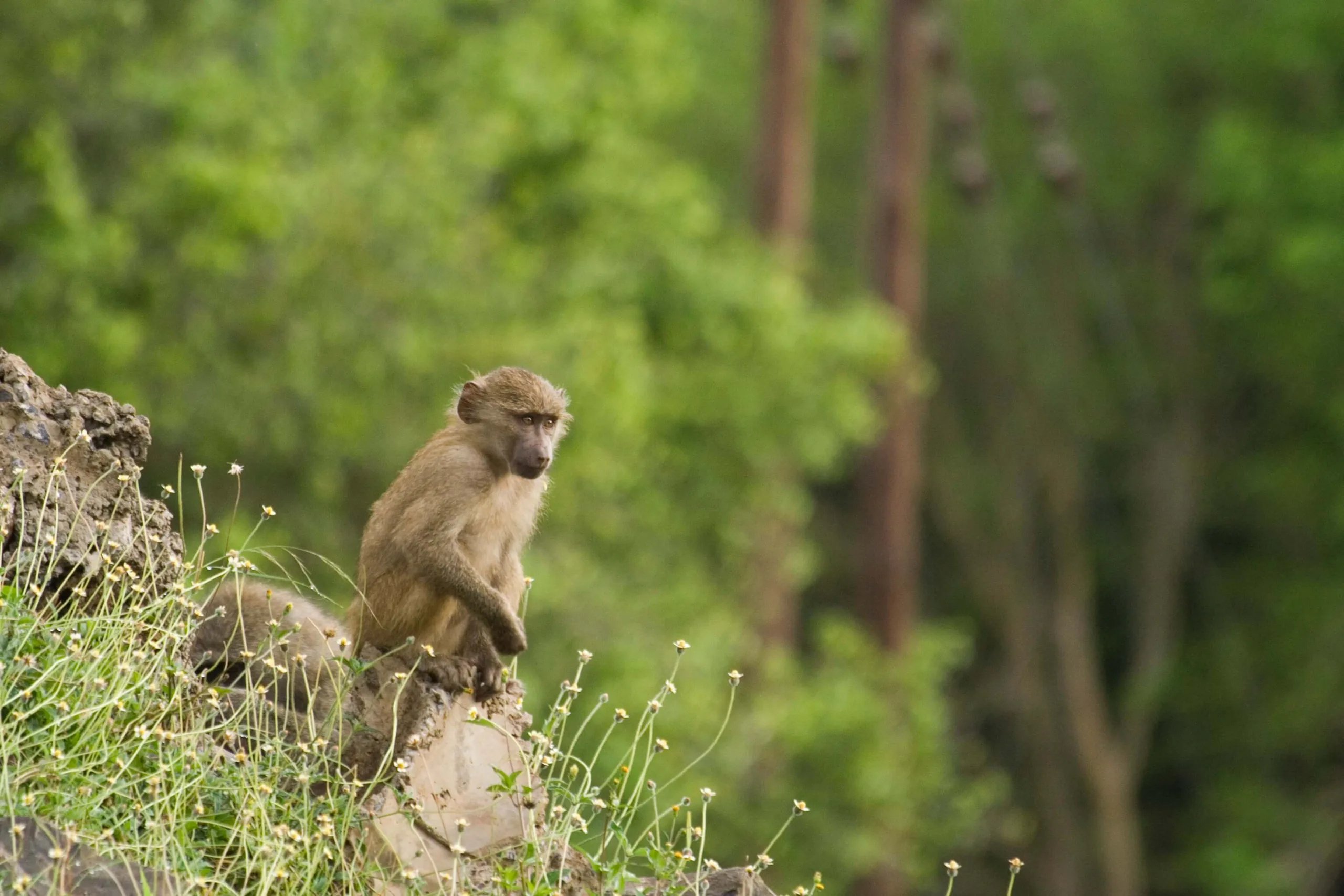
What makes Kenya a good place to study primates?
Kenya – and East Africa at large – is where human evolution began, a story that continues today with active excavations at prehistoric sites. Students will be pilgrims to the land where our ancestors once roamed. It is like a journey back home. While at “home” you will see some of Earth’s most magnificent primate species and other wildlife species. This is also a great opportunity to experience Kenya’s vibrant culture by interacting with local communities and conservation stakeholders in formal and informal settings during the course. Kenya is one of the world’s top wildlife safari destinations.
What types of primates will students see? Will students see other wildlife?
Kenya has 19 species of primates, seven of which occur within the Amboseli-Tsavo Ecosystem where the primate course will be held. These include the Sykes monkeys, vervet monkeys, lesser and greater bush babies, and yellow and olive baboons. These species will be the focus of our summer program. During the program, students will see a host of other species ranging from elephants, lions, hyenas, and giraffes to numerous antelopes. It is always ideal birding time as well, as over 600 bird species live in the Tsavo-Amboseli savanna.
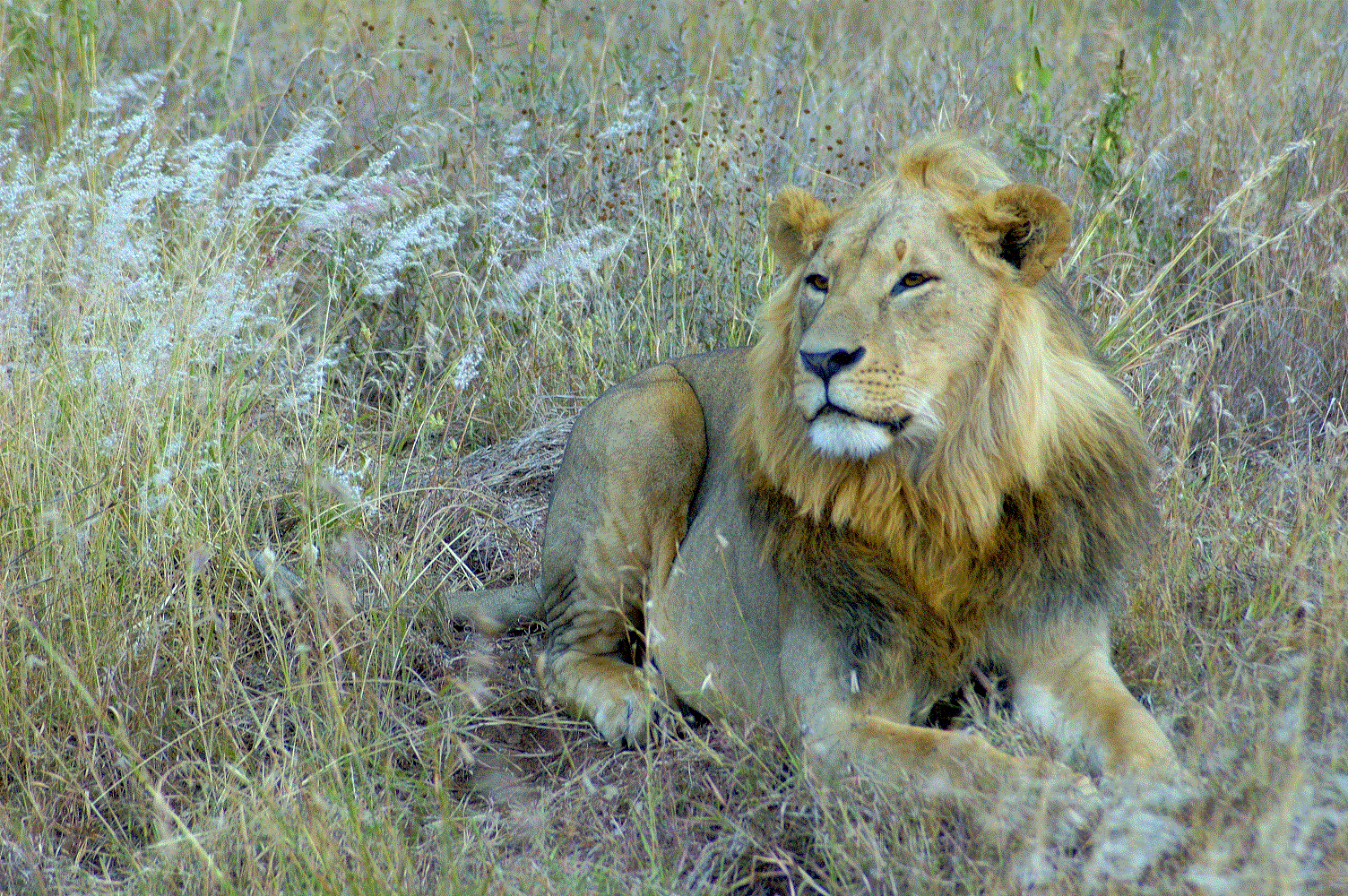
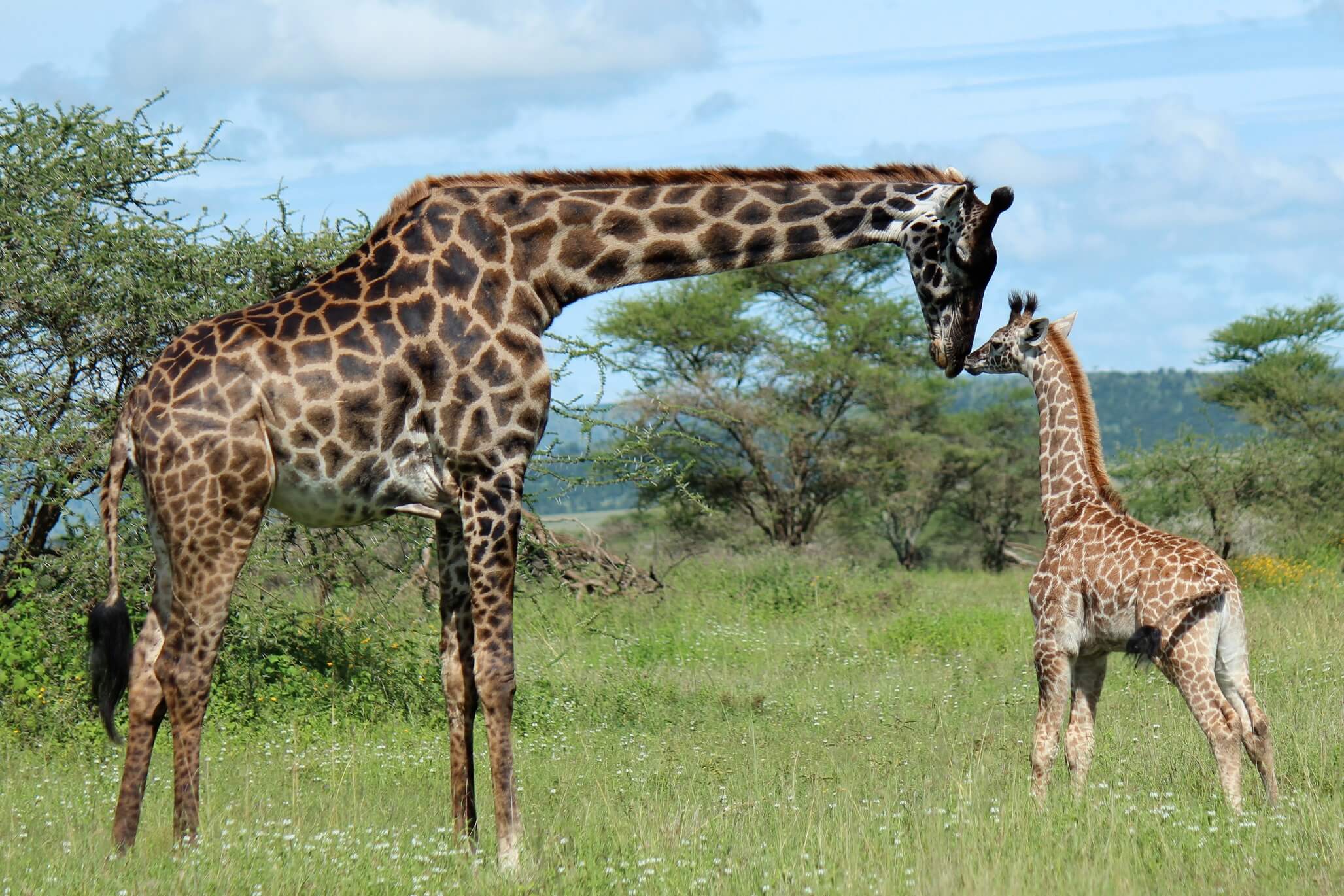
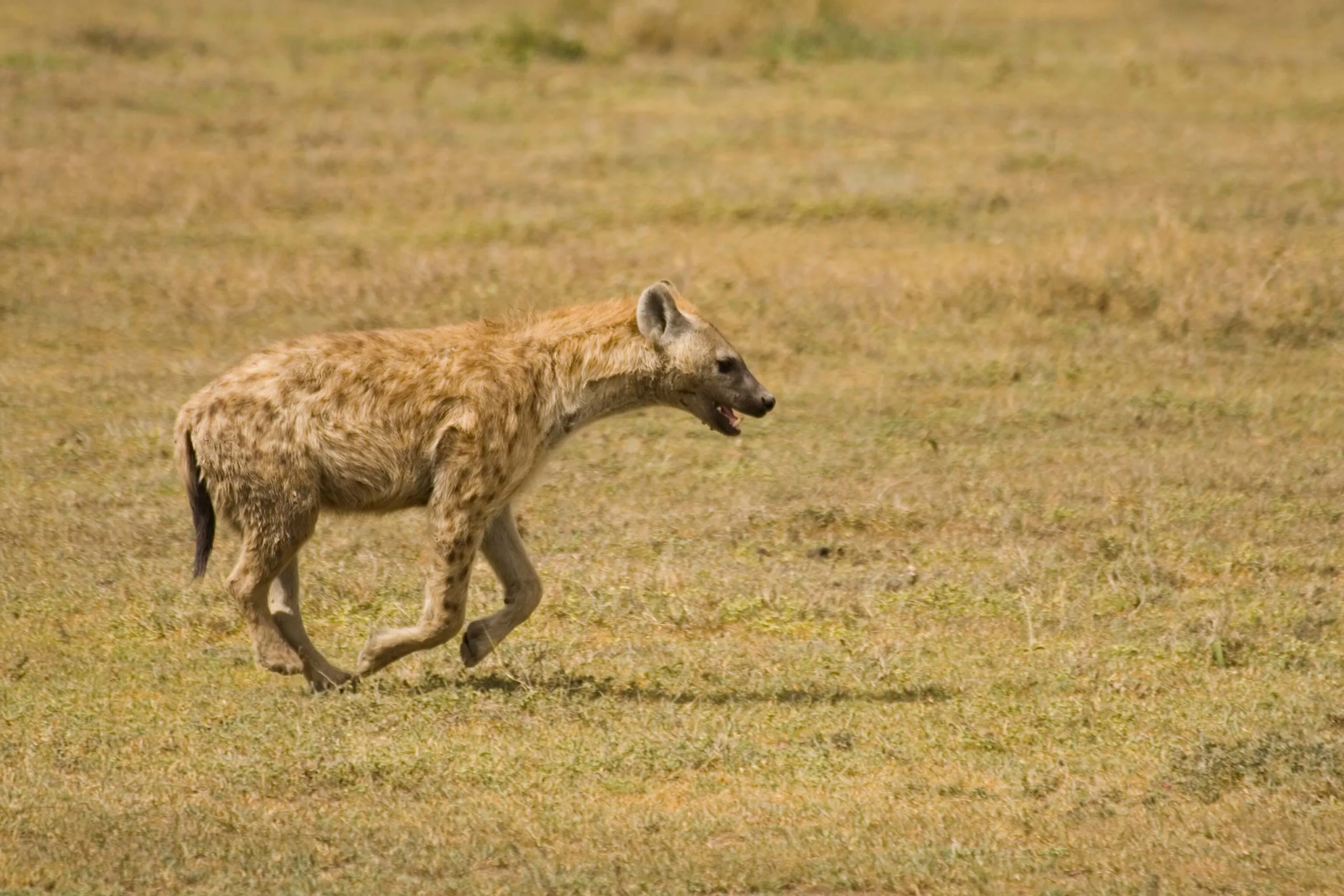
What field sites will students visit? Why are these sites important?
Students will visit the Kimana Community Wildlife Sanctuary, just five minutes from our camp. The sanctuary is a perfect site for day trips to introduce students to Kenyan wildlife. We will take an expedition to Amboseli National Park and Chyulu-Tsavo National Parks. Amboseli Naional Park is the “home” of elephants in Africa, and has olive and yellow baboons, vervet monkeys, and bush babies. In the park, students will enjoy observing the abundant wildlife and learning how tourism activities and the high elephant numbers impact primates. The Chyulu-Tsavo National Park expedition is an aide-mémoire of wild Africa. The Chyulu scenery is unparalleled, and Tsavo offers a true savanna wilderness. While enjoying those landscapes and their wildlife, students will become immersed in field learning about specific aspects of primate ecology and conservation.
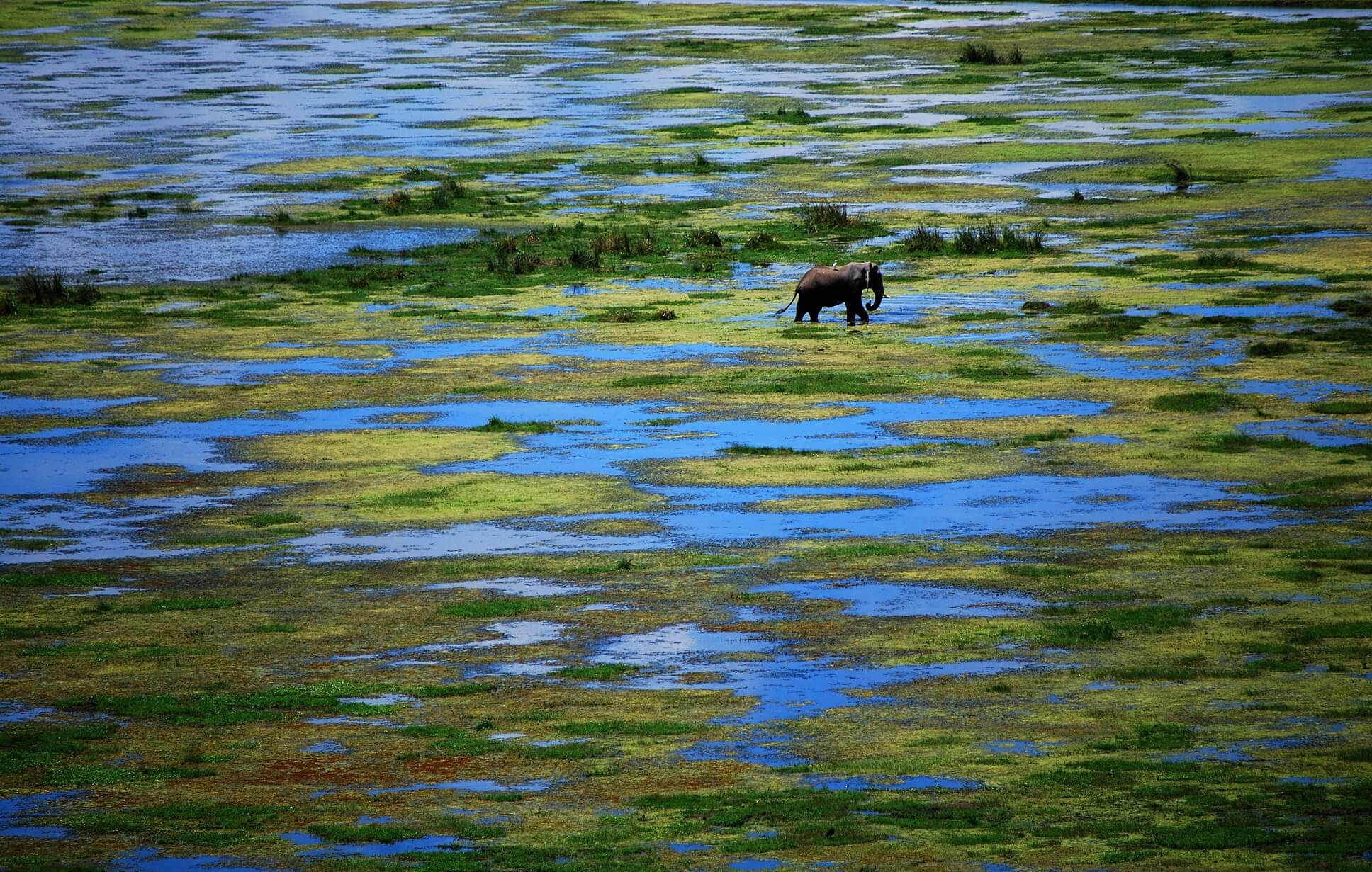
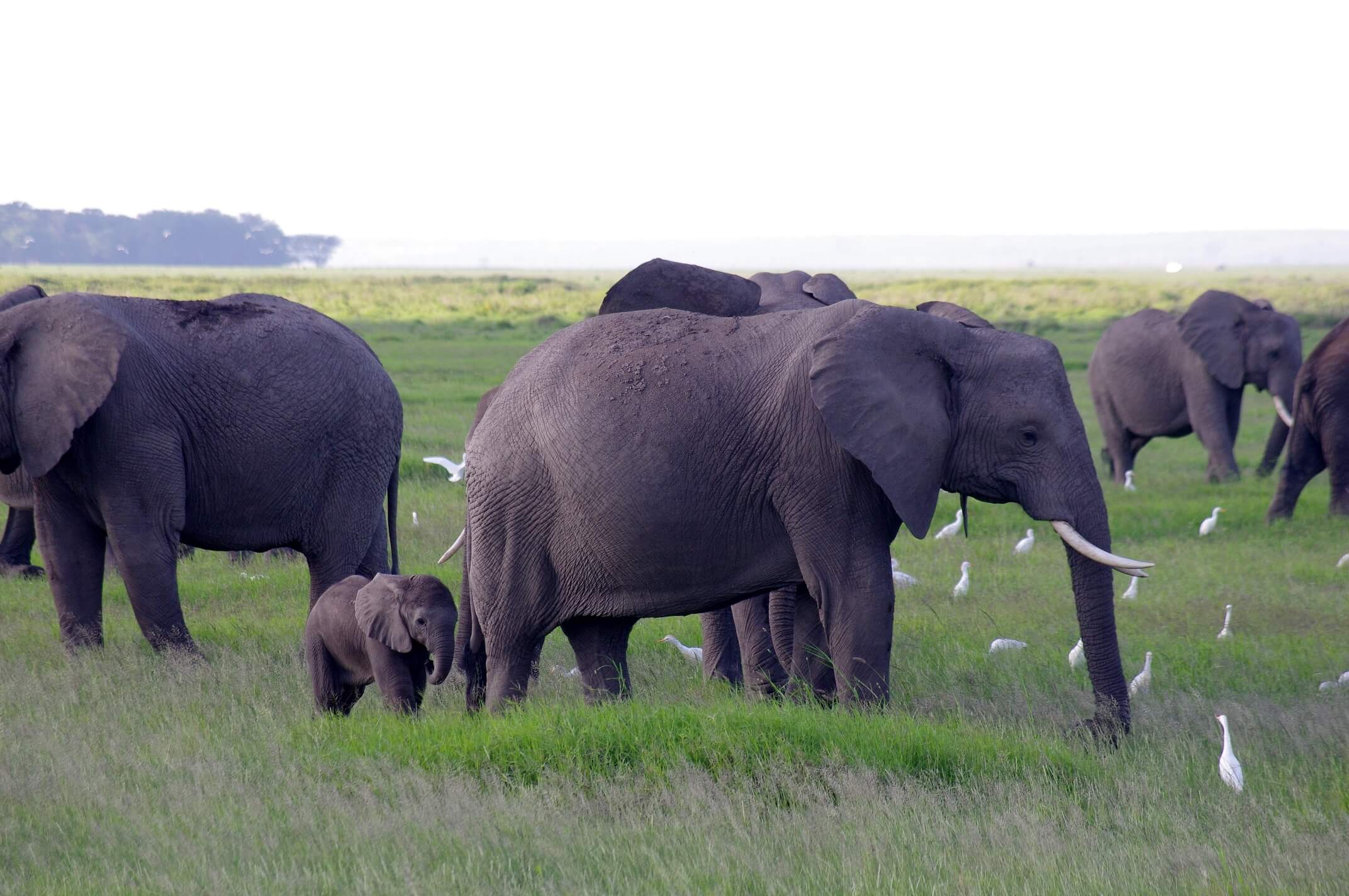
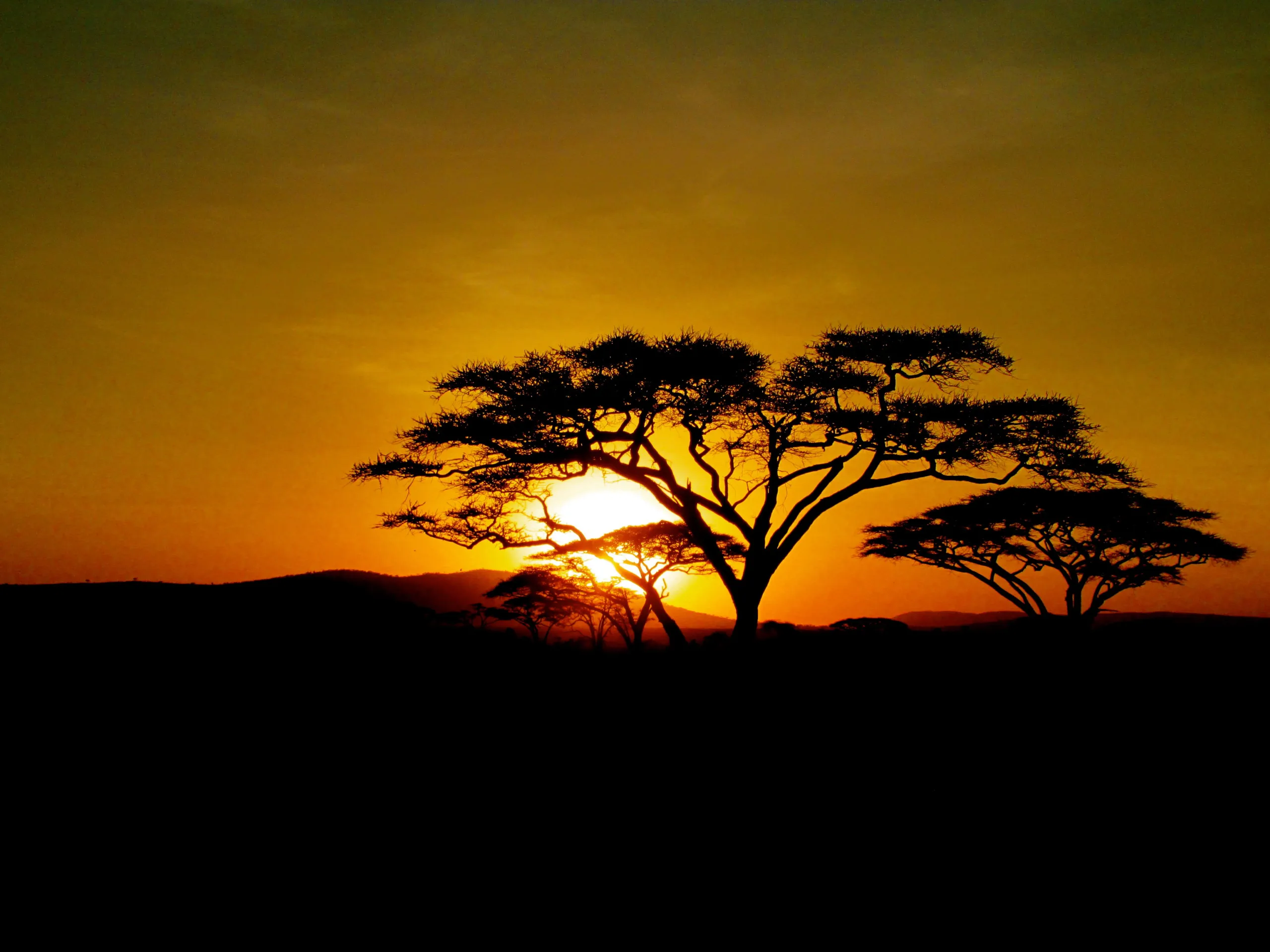
Why are you excited to teach this course?
Much of the time during this course is spent in the field with hands-on teaching, the method of teaching which I enjoy most. I see this course as an impetus for the Center’s future primate research agenda, which students will contribute to by way of initial data collection. I am also looking forward to all the fun that comes with being on safari.
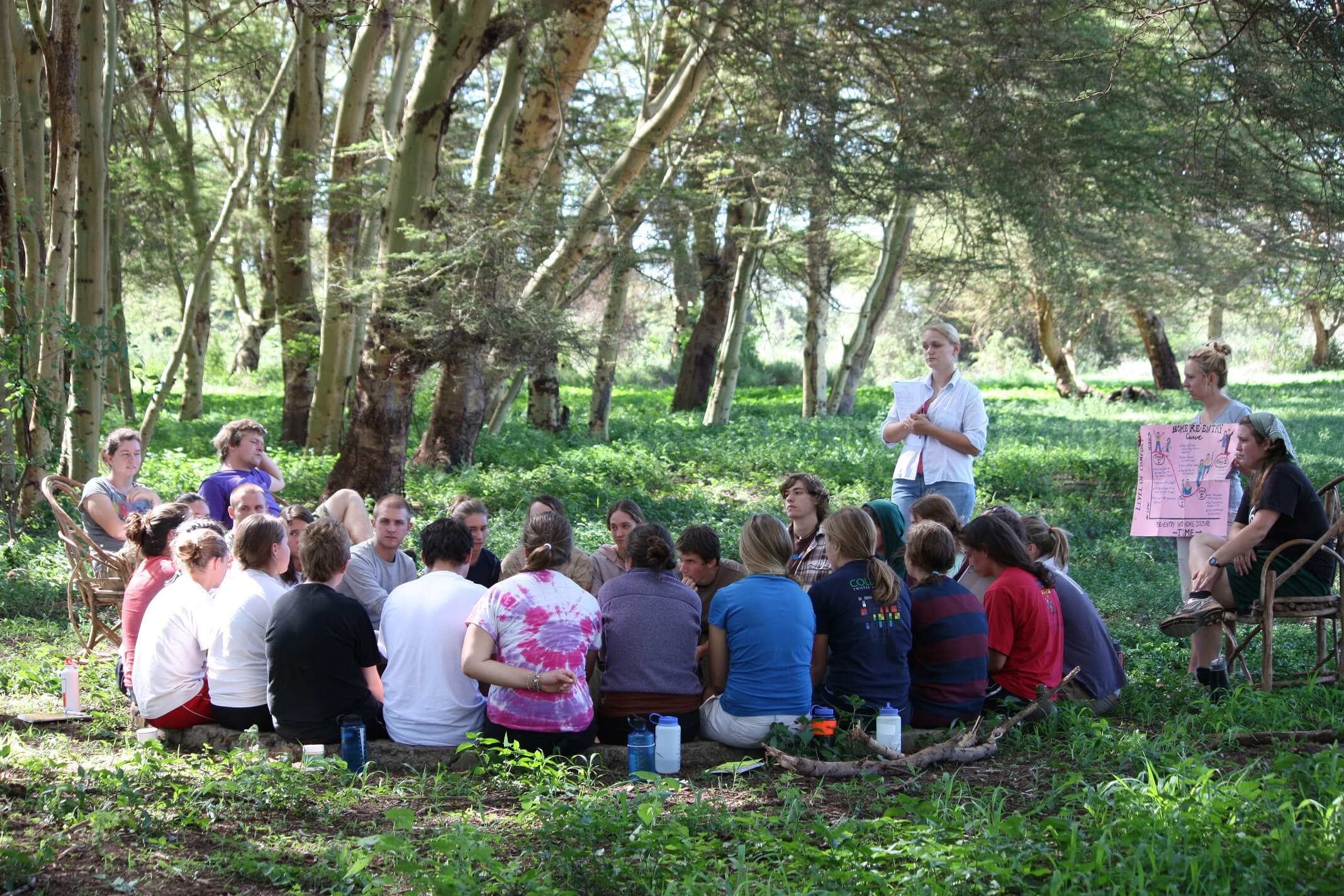
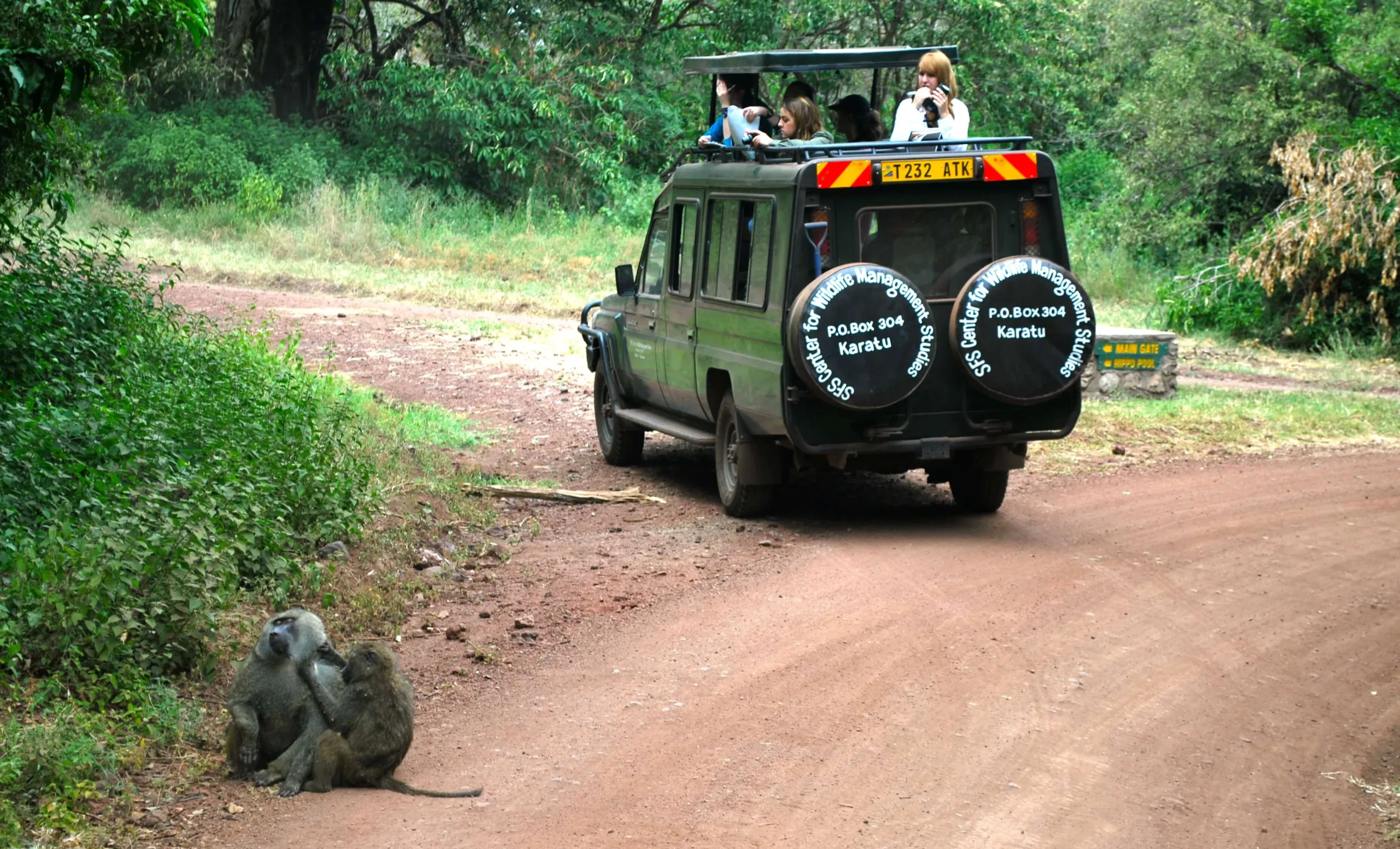
Get more information about this program and learn how to apply here!
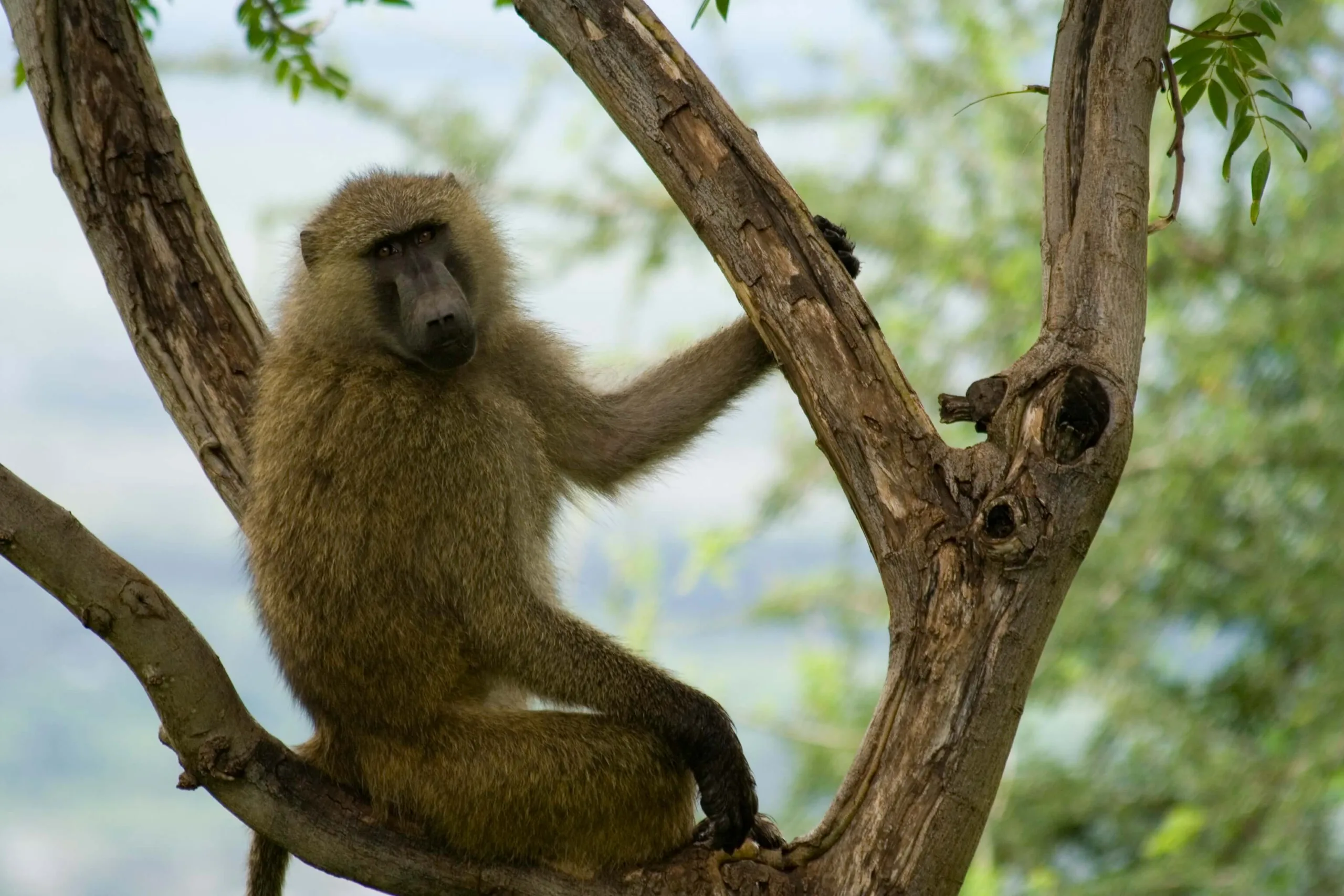
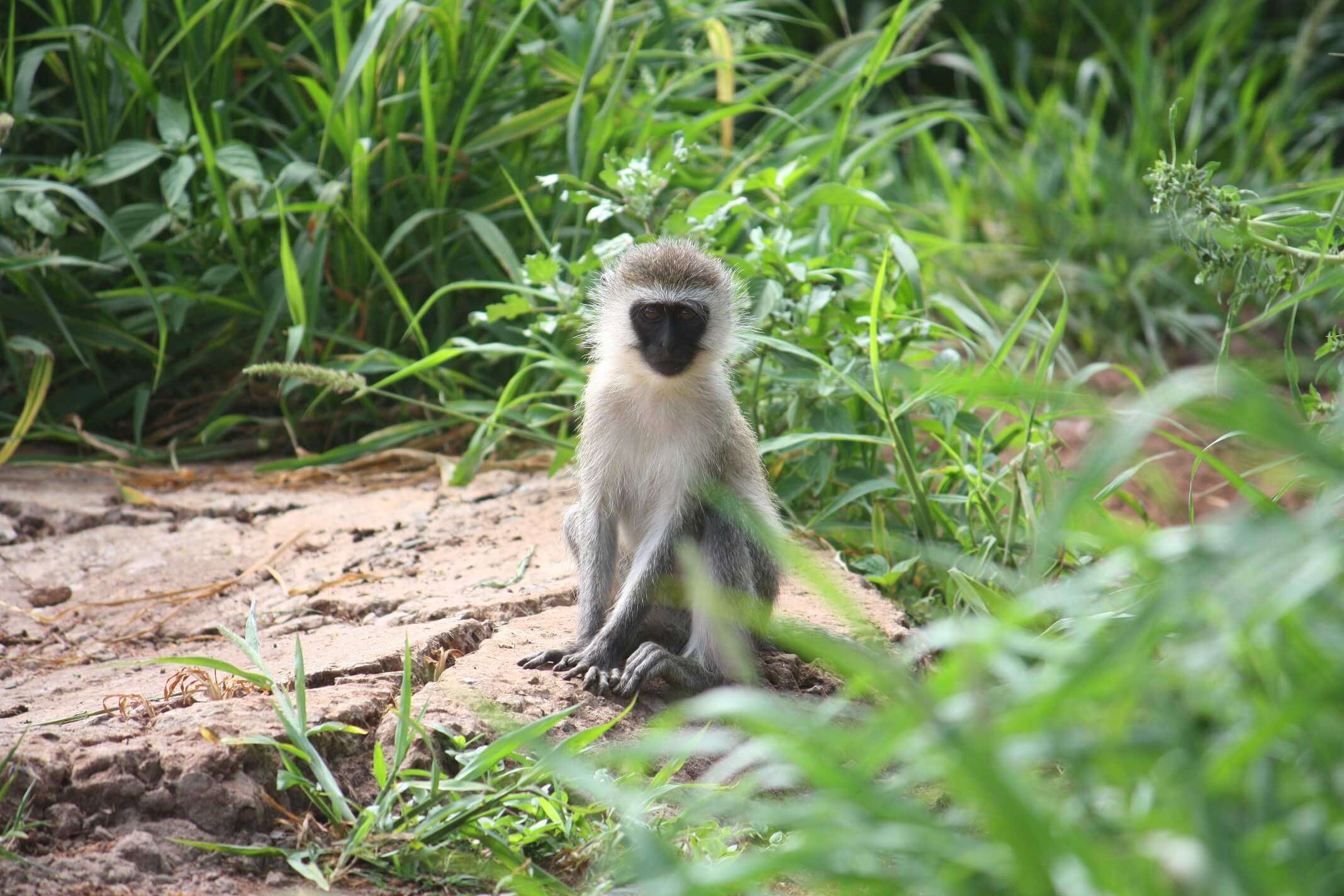
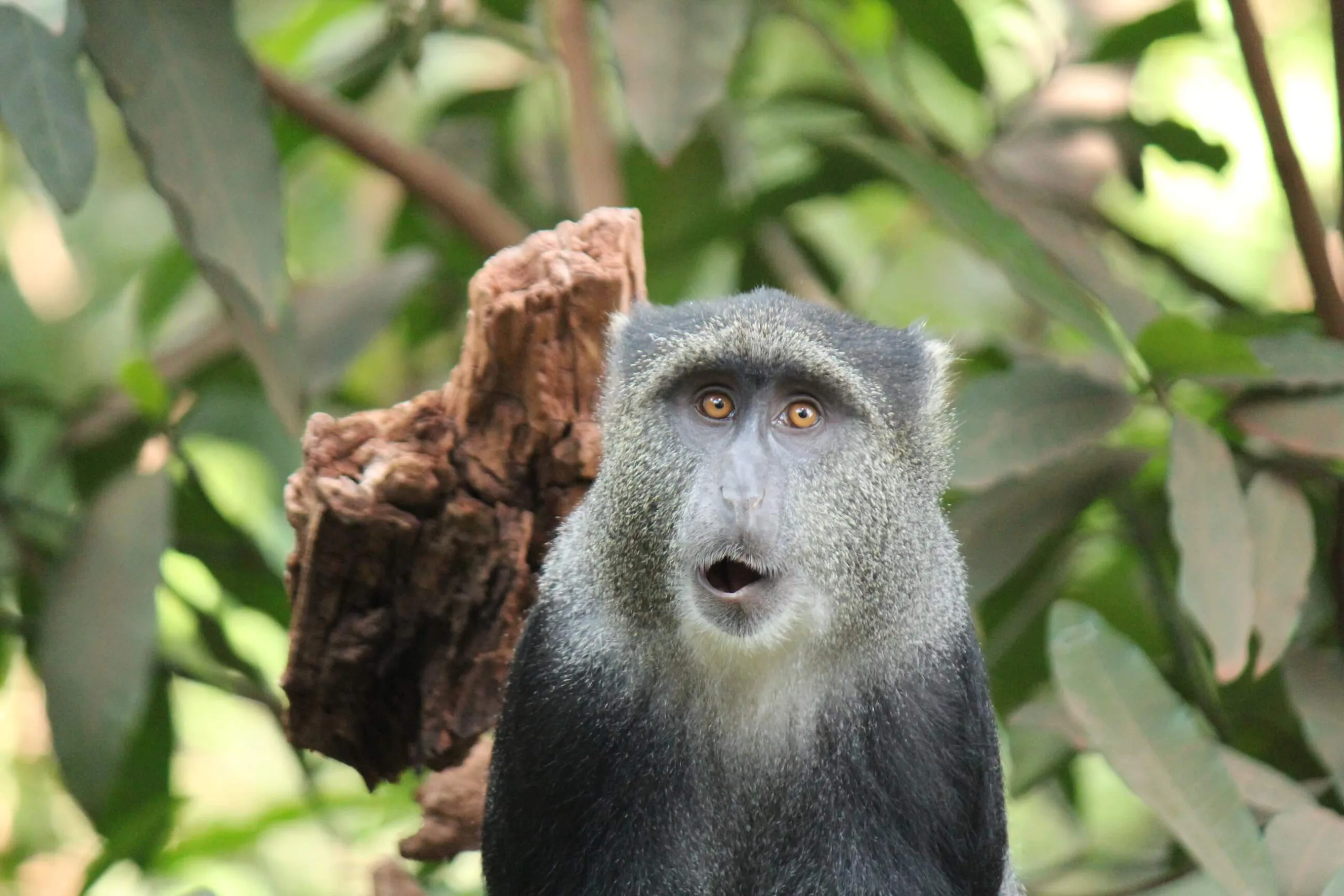
Related Posts
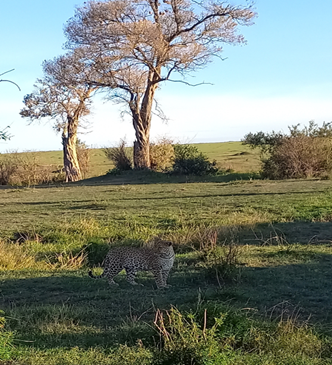
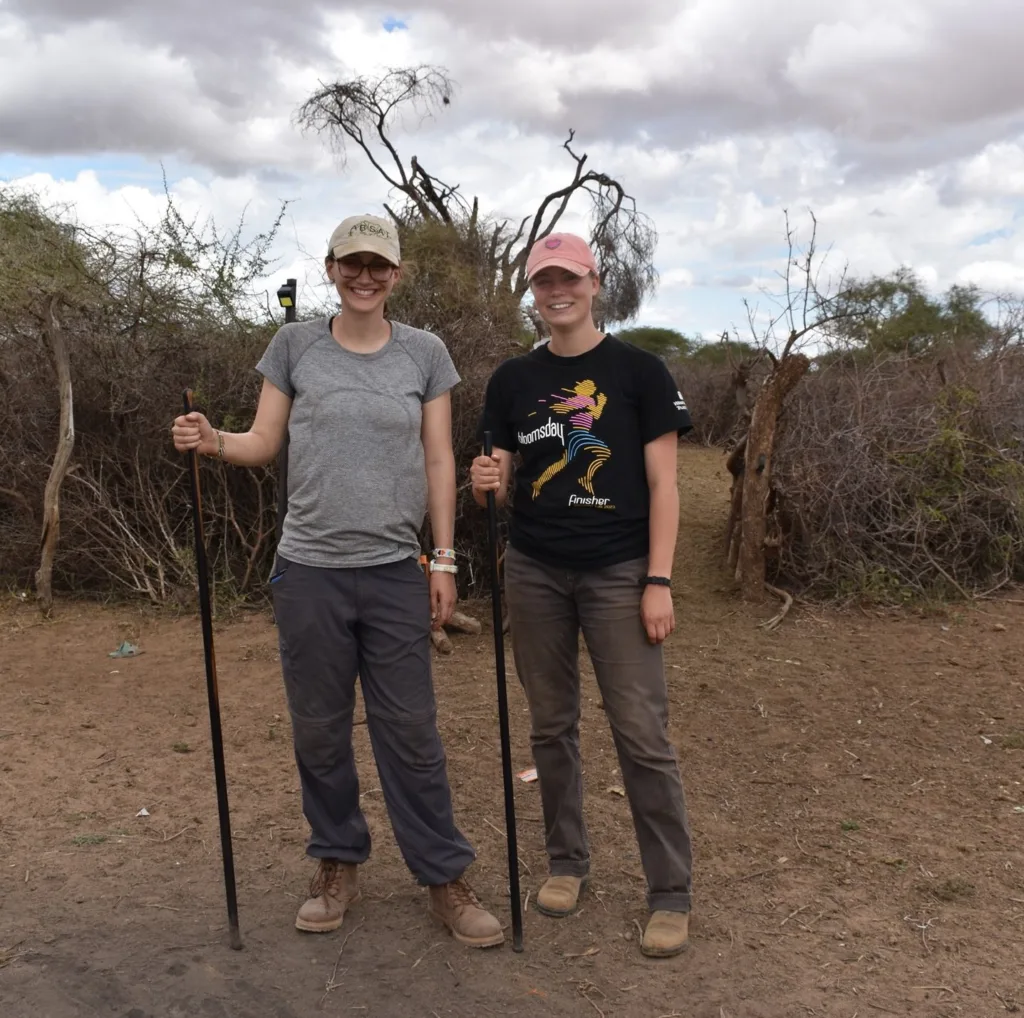
Alumni Reflections: Stories of the Return to Kenya
